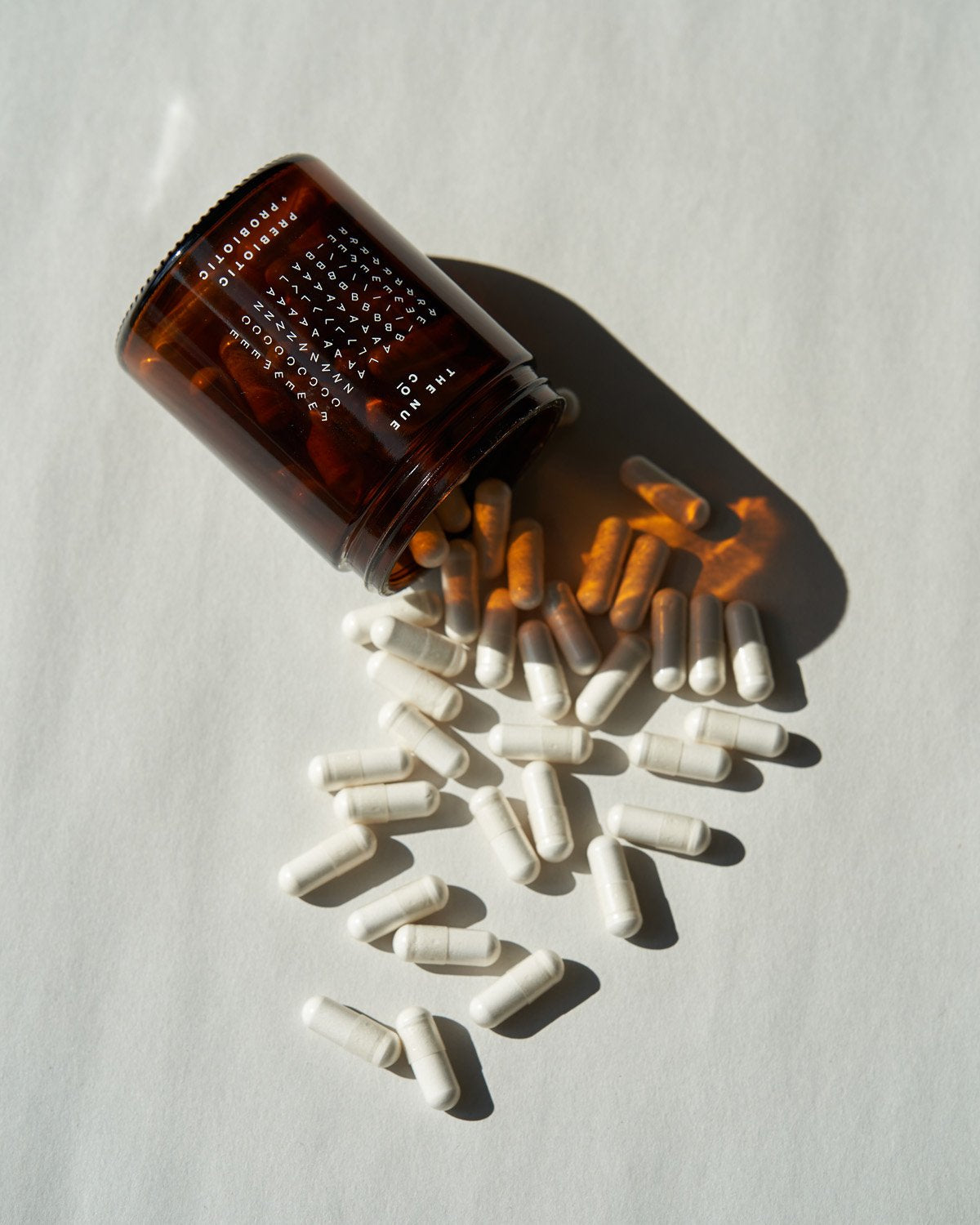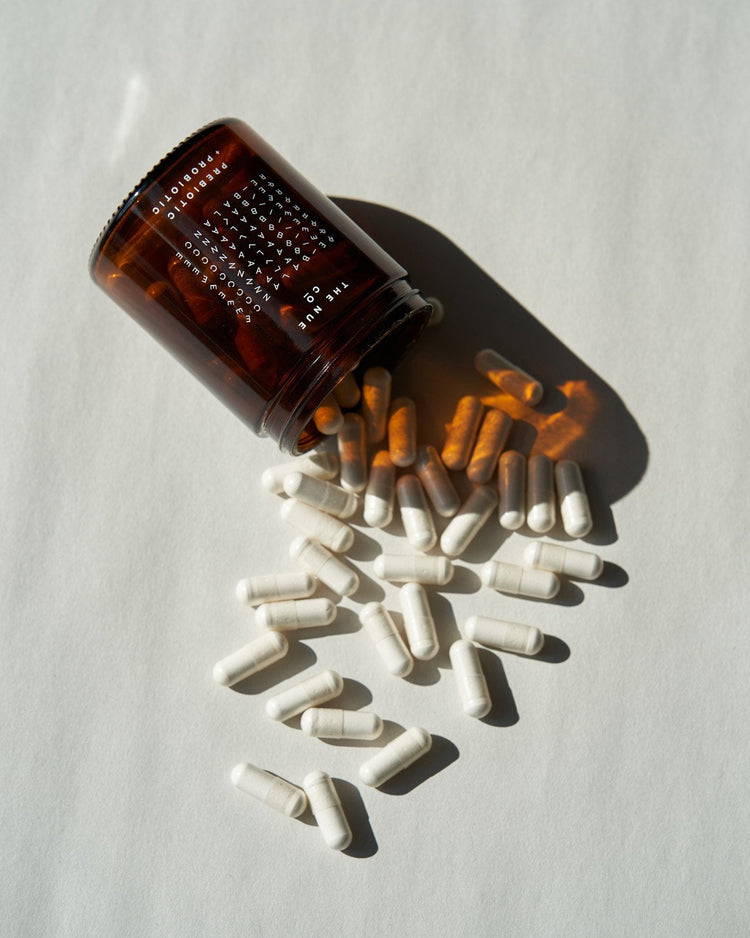Should I Take a Probiotic?


Probiotics: that product that one of your friends absolutely swears by, that they claim has fixed everything from their bloating to their skin. But you’re skeptical. Probiotics seem to be everywhere these days, but there isn’t a whole lot of information on just what they are, and how they work. Let’s fix that.
But first, what exactly are probiotics?
To put it simply, probiotics are bacteria. Not the kind that you worry about picking up on the bus, that you wash off your hands. Probiotics are known as the “good” bacteria, live organisms that line your digestive tract. In fact, the word “Probiotic” means “in favor of life,” and was coined by Russian Nobel laureate and physician Elie Metchnikoff.
How do they work?
Metchnikoff hypothesized that by planting beneficial bacteria in the gut, these bacteria (the probiotics) can counteract the harmful or toxin-producing bacteria that also grow in the GI tract. This then helps to restore the intestinal flora balance, which ensures that the more harmful bacteria do not become the dominant type in your gut.
If they do become dominant, it causes an imbalance in gut bacteria which can lead to further problems such as impaired gut function, inefficient digestion, diarrhea, constipation and flatulence, as well as more severe GI disorders.
What else do probiotics do?
The probiotic that we use in our PREBIOTIC + PROBIOTIC blend, LactoSpore (Bacillus coagulans), has been clinically studied for its ability to promote immunity, maintain healthy cholesterol levels, as well as for IBS.
IMMUNITY
Probiotics can help your immune system regulate itself.
Metchnikoff believed that a longer life span can be the direct result of probiotics and their ability to eliminate that toxic-producing bacteria. Today, the role that probiotics play in immunity has been widely accepted, as they work to stabilize our immune systems.
CHOLESTEROL
Probiotics could help lower cholesterol.
Bacillus coagulans (the probiotic we use in our PREBIOTIC + PROBIOTIC) has been studied for its ability to lower cholesterol.
In one specific evaluation, the probiotic significantly reduced the cholesterol levels in foods such as egg yolk, chicken liver, and butter –– 3 foods considered to be cholesterol-rich. By lowering cholesterol, you reduce the potential for coronary heart disease and other related disabilities.
IBS
Probiotics may help improve IBS symptoms.
In a double-blind placebo study, 36 patients diagnosed with IBS-D found that symptoms such as bloating, diarrhea, abdominal pain, vomiting and stool frequency significantly improved after taking daily probiotic doses for 90 days.
DEPRESSION
Probiotics have been studied to treat depression.
In another study, LactoSpore was administered to patients experiencing IBS symptoms with major depressive disorder, to see if it may be possible to use probiotics to improve or prevent depression. The study showed that taking the probiotic lead to “statistically significant and clinically meaningful” improvements in both depression and IBS symptoms –– making it an important new treatment option.
Check out our PREBIOTIC + PROBIOTIC blend here.